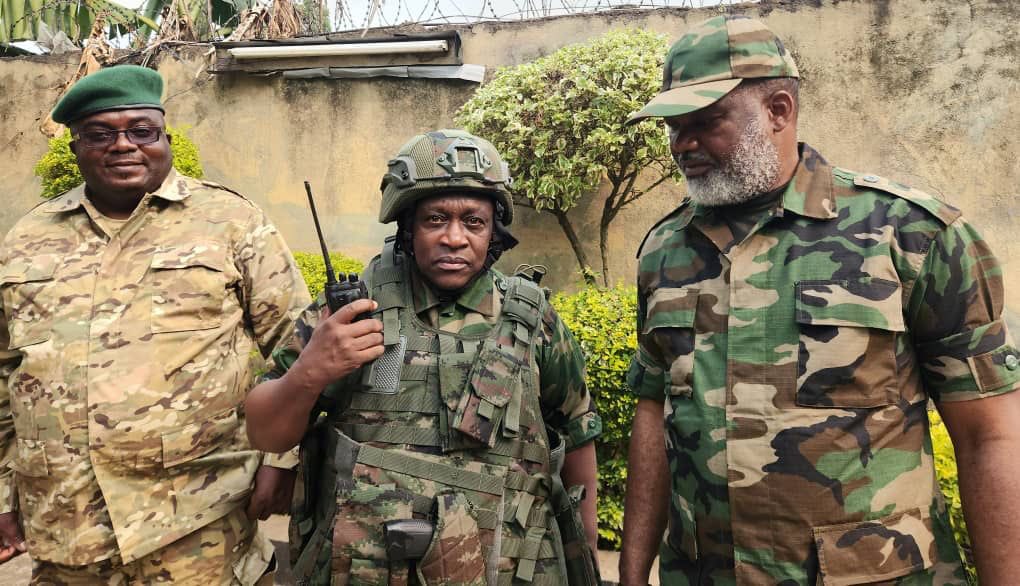Already a subscriber? Make sure to log into your account before viewing this content. You can access your account by hitting the “login” button on the top right corner. Still unable to see the content after signing in? Make sure your card on file is up-to-date.
After months of intense fighting, M23 rebels have announced their withdrawal from a strategic town in the eastern Democratic Republic of the Congo.
Some shit you should know before you read: If you’re unaware, there’s an ongoing war in the DRC that goes back to 2012, when the M23 rebels broke off from the Congolese army. At the time, M23 accused the government of failing to honor a peace agreement. The conflict is rooted in ethnic tensions, political power struggles, and control over the region’s vast mineral wealth, which includes trillions of dollars worth of rare earth materials such as cobalt, gold, and tin. Rwanda is accused of backing M23 by providing military support, weapons, and logistical assistance, allegedly profiting from the illegal export of these minerals. Despite the accusations, Rwanda denies any involvement, insisting its actions are focused on securing its border from armed groups operating within DRC. Throughout the war, M23 has been accused of severe human rights abuses, including mass executions, recruitment of child soldiers, and rape, leading to mass displacements and a dire humanitarian crisis. Two weeks ago, the US rolled out sanctions against Rwanda’s Minister of State over accusations that he was assisting M23.

What’s going on now: In an announcement, M23 confirmed that its forces would withdraw from the recently seized town of Walikale and surrounding areas, citing support for ongoing peace efforts and a desire to uphold the February ceasefire. The group framed the move as a gesture to “give peace a chance,” saying they had decided to “reposition” their forces as a show of commitment to dialogue.
Despite the withdrawal, M23 officials insisted the strategic city must remain demilitarized—and warned that if Congolese soldiers or allied forces return, they’ll launch another assault.
The Congolese government cautiously welcomed the announcement but expressed doubts about its sincerity. Foreign Affairs Minister Therese Kayikwamba Wagner stressed that the true test would be whether M23 follows through with actual withdrawal and prioritizes dialogue over continued aggression. Military officials on the ground were even more skeptical, with some suggesting the rebels are simply shifting their forces due to recent government strikes. Over the last week, Congolese forces have been bombing the shit out of critical supply lines used by M23.
This all comes after a face-to-face meeting between Congolese President Félix Tshisekedi and Rwandan President Paul Kagame in the Middle East—their first direct engagement in months amid rising tensions. The rare encounter was seen as a small step toward easing the strained relationship between the two countries, which have been trading accusations over support for armed groups in eastern Congo. While no formal agreement came out of the meeting, both leaders agreed peace was needed and called for a ceasefire.






